Will Beef Make Your Kid Taller
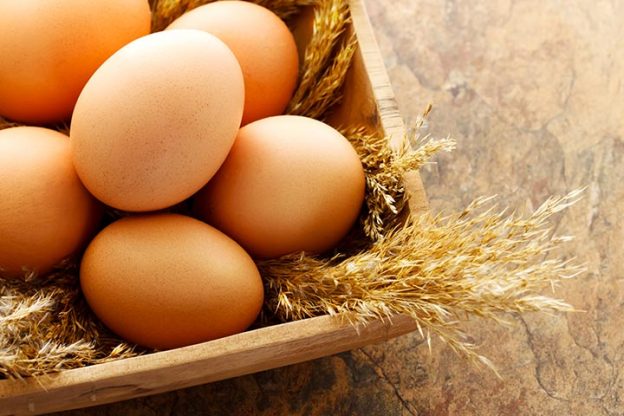
A child's linear growth depends on their genetic makeup. Hence, they can only attain a certain height no matter how much they try. However, it is often said that some foods can help increase a child's height. So are there any foods to increase height in kids? Well, there are no foods that can increase your child's height beyond their genetic potential. However, adding certain foods to your child's well-balanced diet can help them reach their full potential height with ease. Besides, these foods can offer nutrients to promote a child's overall development. So, read on as we give you an insight into foods that can help children grow taller and reasons for children to not grow in height.
Can A Child's Height Be Increased?
A child's height mostly depends on the height of their parents and other close relatives.
Children grow at their own pace, and the rate of their height growth can significantly increase during puberty. After puberty, both boys and girls are likely to gain two inches (five centimeters) in height every year (1). However, the final, adult height of the child can depend on several factors, including genetics that plays a significant role (2).
However, the lack of nutrition could hinder the child's growth and prevent them from attaining the average height for their age (3). Therefore, providing nutrient-rich foods is essential to help the child attain the right height.
Nutrients Required To Help A Child Grow Taller
During growth years, children need a well-balanced diet and exercise for their overall growth. There are some specific nutrients that are required in increased amounts to ensure an increase in height.
- Protein: The reference value for protein intake is 0.9 g/kg/day for boys (3-18 years) and girls (3-15 years) (4). Ensure to provide the recommended amount from a variety of sources, especially those with high protein content.
- Carbohydrates: Increased calories are required for children to grow. Thus, a balanced carbohydrate intake from complex carbohydrate sources must be consumed. Whole grains and millets are some of the healthy sources. Avoid simple carbohydrates, like those from sugary food items, since it could increase the risk of childhood obesity.
- Vitamins: All vitamins are essential for growth and sustenance. However, some specific vitamins, such as vitamin D and vitamin B-complex, can impact your child's height directly. Thus, ensure to meet the recommended intake of all the vitamins.
- Minerals: Minerals like calcium, magnesium, potassium, iron, manganese, and fluoride are essential for the growth of your child. Several fruits and vegetables are rich in minerals, along with legumes, meat and dairy products. An adequate intake of minerals help promote healthy growth and height-increase.
If the daily requirement of these nutrients is not met, the chances of growth stunt may increase . Growth stunting could occur in extreme cases of nutritional deficiencies.
Best Foods To Increase A Child's Height
A balanced diet with enhanced intake of certain nutrients is important to promote growth in children. Below is a list of some foods that you could add to your child's diet on a regular basis to ensure optimum growth in height (and weight).
1. Eggs
Image: iStock
An egg provides almost 6.5 grams of protein and has almost all the essential amino acids in it (4) (5). This makes egg a source of complete protein that is required for skeletal growth of children (6). Besides, it has several other nutrients like vitamin D, phosphorus, omega-3 fatty acids, selenium, and iodine that helps in overall growth and development of children (7).
2. Milk
Image: iStock
The protein, vitamins such as vitamin-D and minerals such as potassium, calcium, phosphorus, and magnesium in whole milk support bone development (8). Whole milk has more nutrients than the skimmed versions. Thus, children should be served whole milk or products made of whole milk unless they are advised otherwise due to weight issues such as childhood obesity.
3. Soybean
Image: iStock
Consider including products made from soybean in the child's diet. A few examples of soybean products are soy flour, soy chunks, tofu, and soy milk. Soybeans are high in protein that is considered equivalent to animal protein (9). Soy products like tofu and soy milk are also high in calcium. This makes an excellent protein source for vegans. Regular consumption of soy may help improve bone health (10).
4. Red meat
Image: iStock
Red meat is rich in protein and several micronutrients, including iron (11) that is essential to prevent anemia. Anemia, in turn, can cause weakness and may affect a child's growth. However, red meat is also rich in saturated fat, so it is good to limit its consumption to a moderate level. Trim all the visible fat before cooking to lower the total fat content in red meat further.
5. Lean meat
Image: iStock
Fish and skinless chicken are ideal options for lean meat, which is rich in protein but low in saturated fat. Other lean meat options such as turkey can also be served to children.
6. Legumes
Image: iStock
Legumes, including lentils, black beans, pinto beans, red kidney beans, are rich in protein and low in fat content (12). Most legumes contain a good amount of calcium and dietary fiber, essential for a growing child. You can try adding legumes to your kids' meals for a protein, nutrient packed diet.
7. Leafy vegetables
Image: iStock
Leafy vegetables are a good source of calcium for children who do not consume milk due to lactose intolerance or dietary choices (13). Leafy vegetables are also a good source of vitamin K that is essential for bone health (14). Some of the calcium-rich leafy vegetables that can be added to your children's daily diet are turnip greens, bok choy, kale, amaranth, collard greens, and watercress.
8. Nuts
Image: iStock
Nuts contain a mix of protein and calcium (15). Besides, they provide good amounts of omega-3 fatty acids that may improve bone and joint health (16). You can consider adding an assortment of nuts to the child's diet. A few examples of nuts that contain the right amount of protein are almonds, pistachios, and walnuts.
9. Seeds
Image: iStock
Most seeds contain protein, and some of them even contain minerals such as calcium. For example, chia seeds contain calcium (17). They are also high in omega 3 fatty acids and fiber. Other seeds like sesame seeds can be roasted or used raw in salads.
10. Grains
Image: iStock
Grains may not contain much calcium but can be a source of magnesium, a mineral that plays an important role in promoting bone health (18). Include an assortment of grains in your child's diet. Use whole grain that comes with the husk, a good source of fiber. Some of the whole grains that are a good source of calcium and magnesium are oats, barley, and pseudocereals like buckwheat and quinoa.
11. Mineral-rich fruits
Image: iStock
Fruits are not often associated with minerals, but some fruits contain an adequate amount of calcium and other minerals required for the healthy growth of the bones. Examples of fruits with calcium content are oranges, apricots, kiwi, and pineapple (19) (20) (21) (22). Include a wide variety of fruits into your children's diet to attain optimum growth.
A well-planned, balanced diet, and regular exercise could help your child to grow in length. Moreover, it would also help keep chronic conditions like childhood obesity at bay. However, in case you do not see any results, visiting a doctor would be advisable.
Reasons Why A Child Is Not Growing In Height
Your child's height is an important marker of nutritional status and physical development (23). Besides genetic makeup and diet, there could be several other reasons for a child to exhibit delayed growth. Below are some possible reasons that are worth a check.
- Constitutional growth delay: Children with this condition grow at a normal rate. However, they are shorter than average. They usually exhibit delayed bone growth and tend to reach puberty late. Due to this, such children have a below-average height in the teenage years, but then they tend to catch up with their peers in adulthood (24).
- Growth hormone deficiency: Growth hormone (GH) is a hormone that helps in normal growth and development. In cases where a child has partial or complete GH deficiency, stunting is observed (25).
- Hypothyroidism: It is a common endocrine disorder caused by an underactive thyroid gland. In hypothyroidism, the thyroid gland does not produce sufficient thyroid hormone, thus leading to conditions such as fatigue, weight gain, decreased growth, etc. (26).
- Turner syndrome: It is one of the common genetic conditions in girls caused by a complete or partial absence of the X chromosome during embryonic development. The most prominent features of the condition are short height and premature ovarian failure (27).
A child's height is mostly dependent on their genetic makeup, and no matter how much one exercises, there is only so much one can do to increase their height. However, some foods can help in increasing a child's height. A child needs a well-balanced diet with essential nutrients such as proteins, carbohydrates, vitamins, and minerals to attain proper growth. Milk, eggs, soybean, red meat, etc., are some examples of healthy foods that can help your child attain the maximum possible height. Despite eating a well-balanced diet, there may be certain underlying conditions if your child is not growing in height. You can contact your healthcare provider or a child nutritionist to get the necessary help for your child's growth and development.
References:
MomJunction's articles are written after analyzing the research works of expert authors and institutions. Our references consist of resources established by authorities in their respective fields. You can learn more about the authenticity of the information we present in our editorial policy.
The following two tabs change content below.

Charmaine Dominguez is a plant-based online dietitian nutritionist. She has her own online nutrition practice. Charmaine is currently living in LA, California in the US, and pursuing Masters of Public Health at California State University, Long Beach. She has completed her Bachelor in Nutrition and Dietetics at California State University, Long Beach. Charmaine is passionate about helping others regain control... more

Swati Patwal is a clinical nutritionist and toddler mom with over eight years of experience in diverse fields of nutrition. She started her career as a CSR project coordinator for a healthy eating and active lifestyle project catering to school children. Then she worked as a nutrition faculty and clinical nutrition coach in different organizations. Her interest in scientific writing... more
Source: https://www.momjunction.com/articles/foods-for-increasing-height-in-children_00121489/

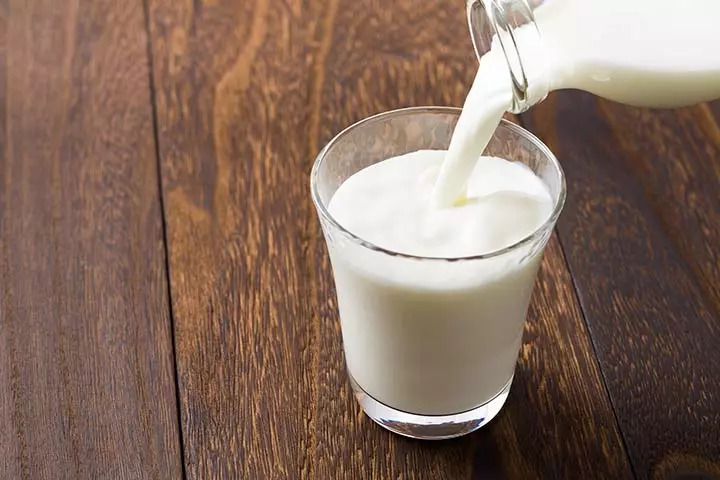
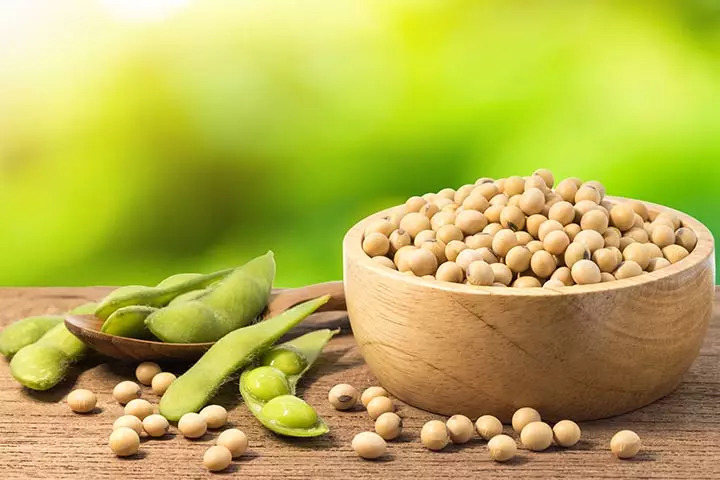

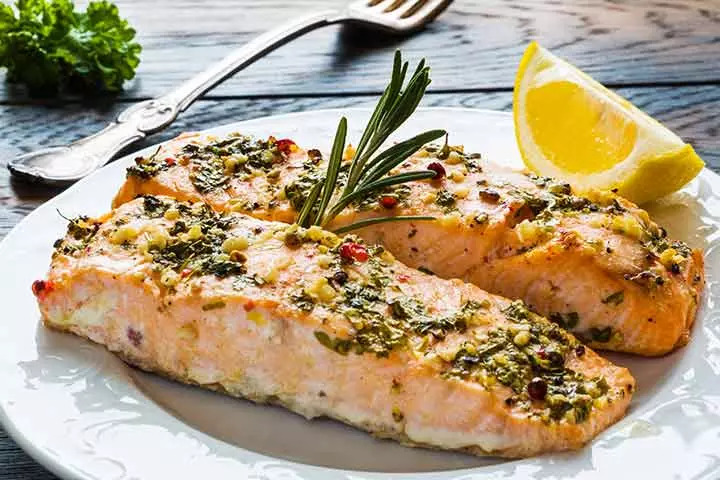

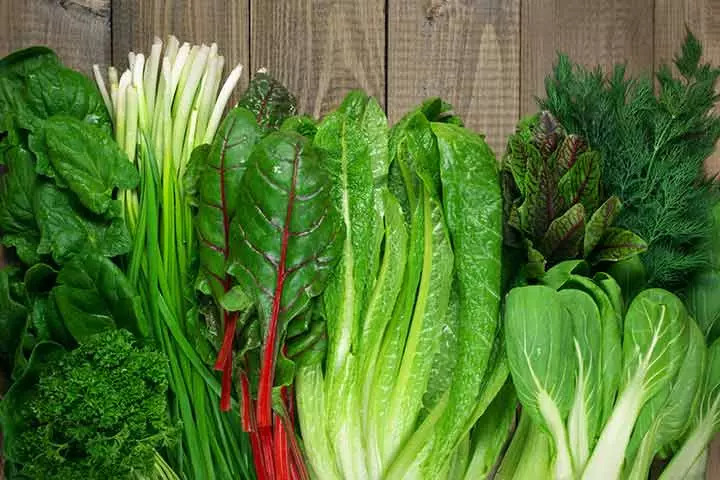


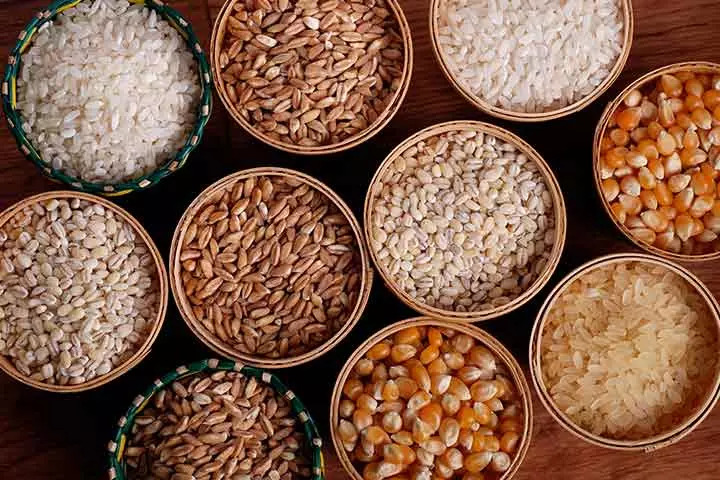

0 Response to "Will Beef Make Your Kid Taller"
Post a Comment